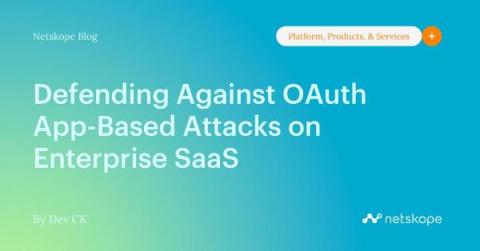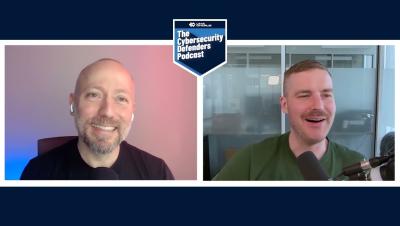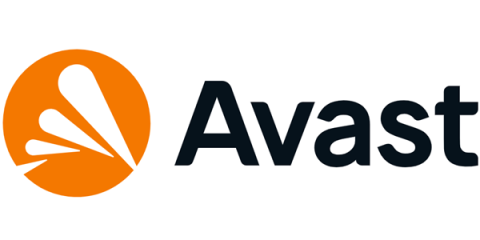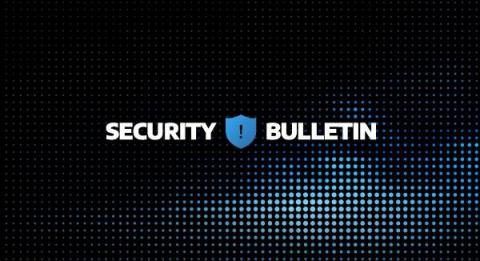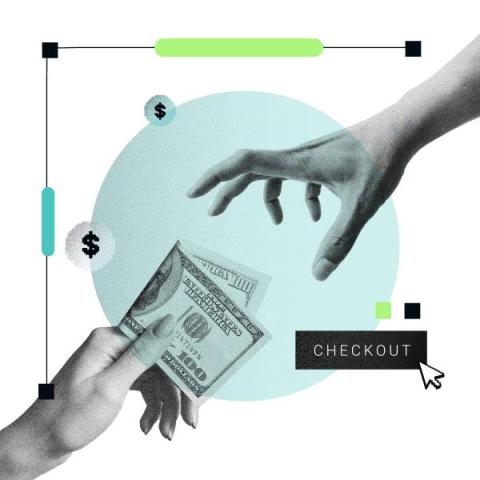Defending Against OAuth App-Based Attacks on Enterprise SaaS
The phenomenal growth in the adoption of software as a service (SaaS) has prompted enterprises of all sizes to move their critical data to SaaS-based applications. And as attackers tend to follow data to induce a breach, their new area of focus is enterprise SaaS. The recent Midnight Blizzard attack by nation-state actors clearly reinforces the fact that this trend has only just begun.


